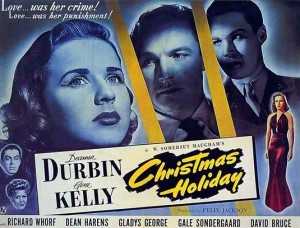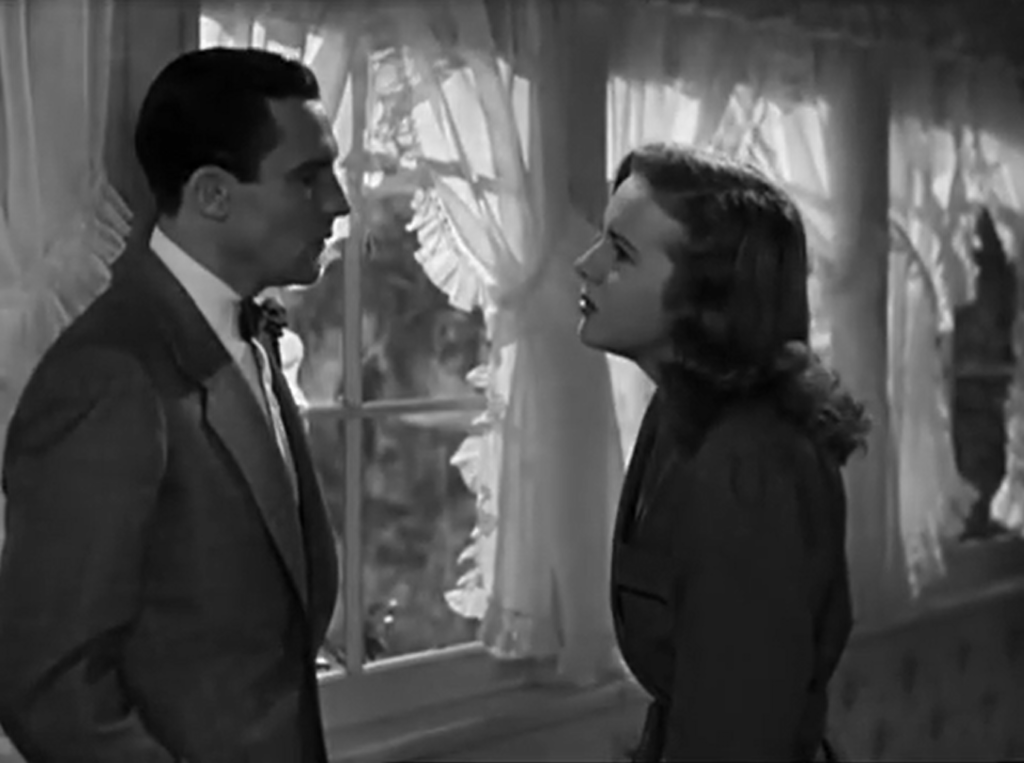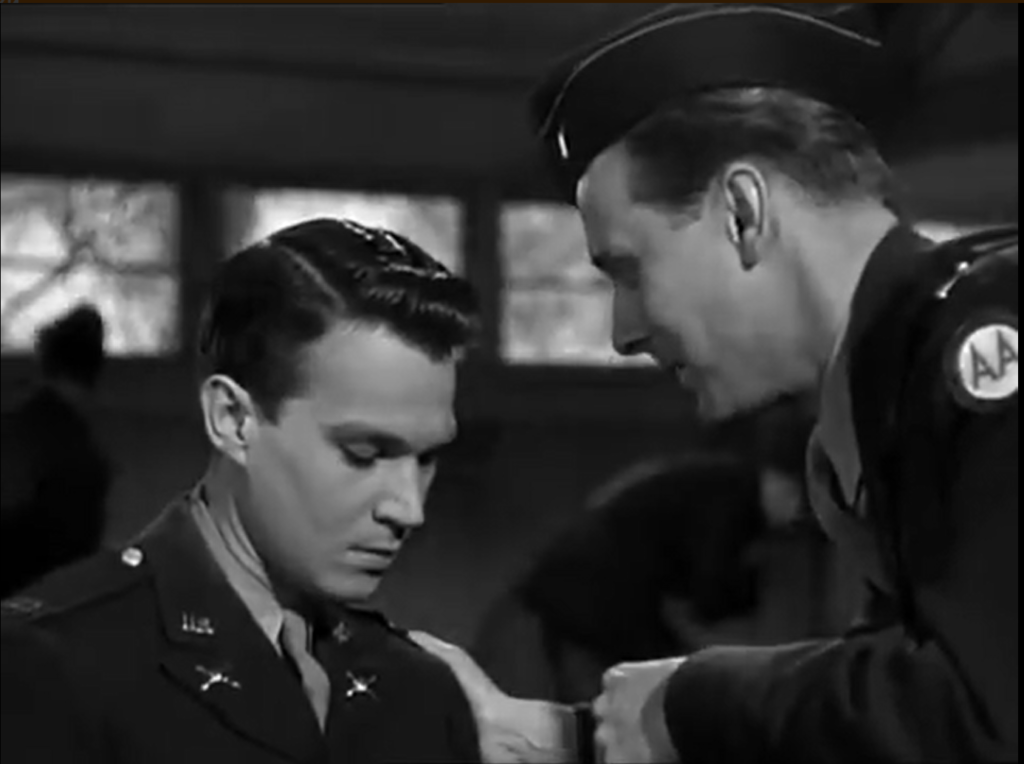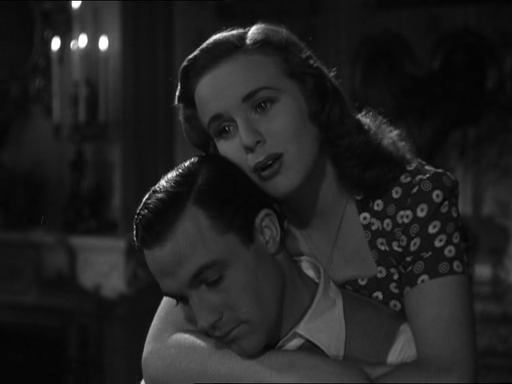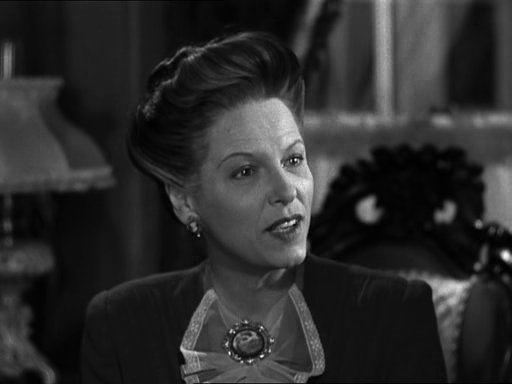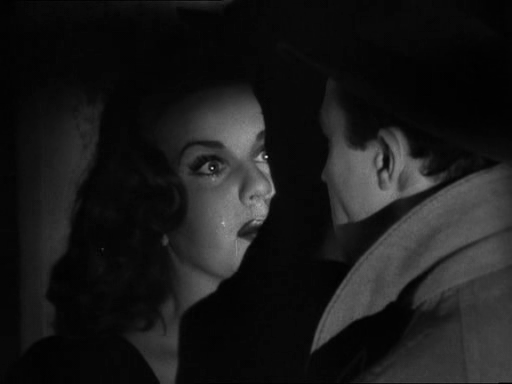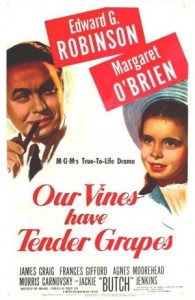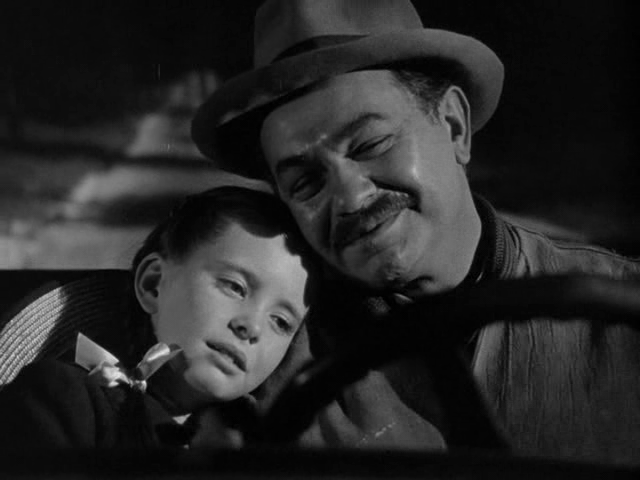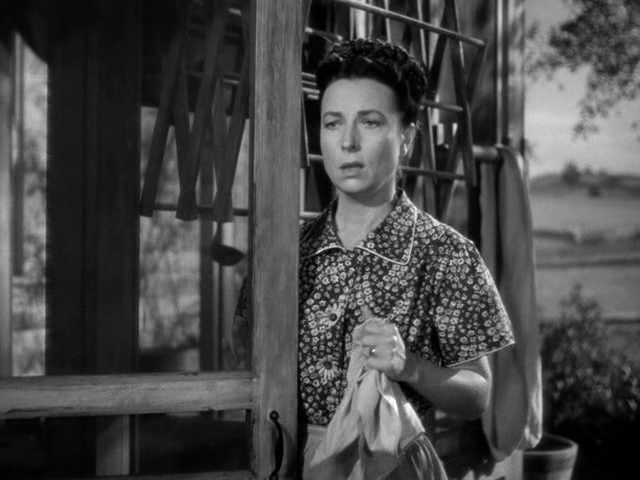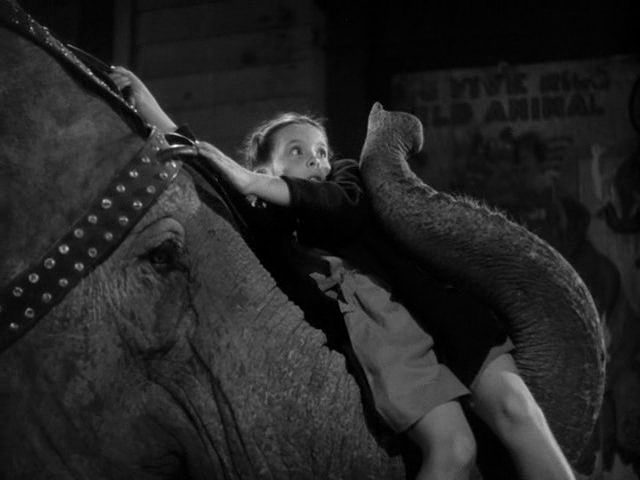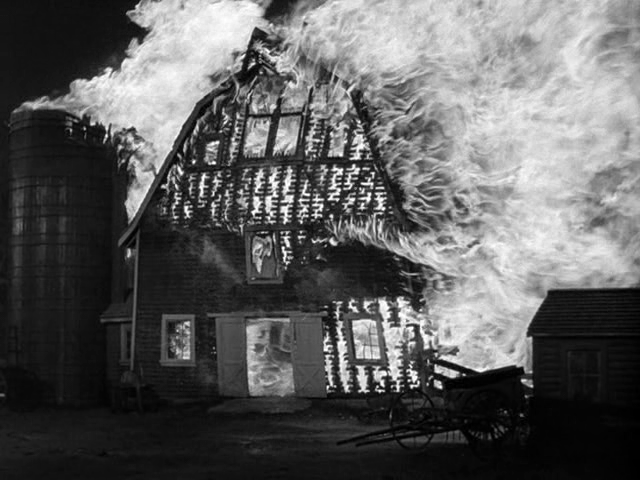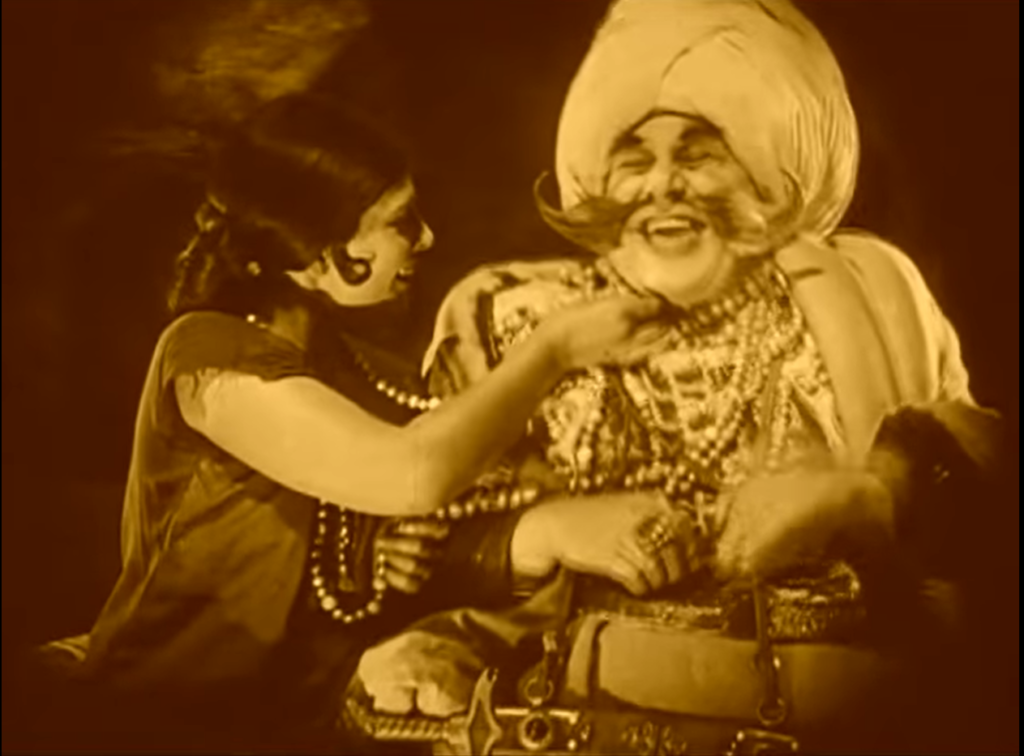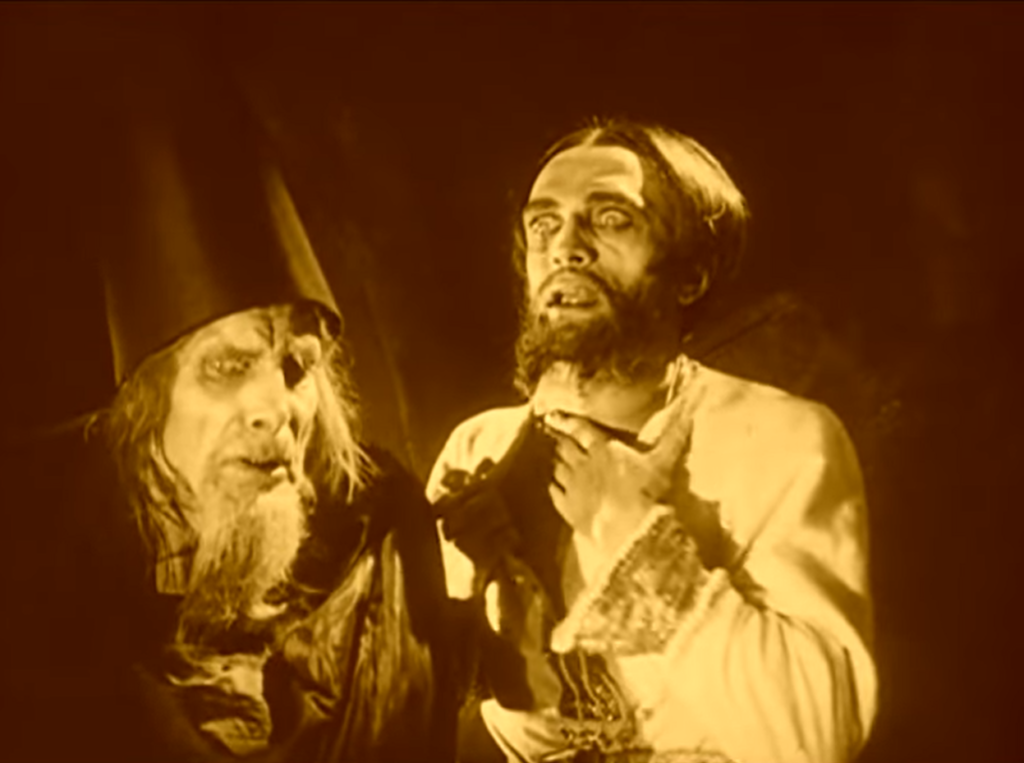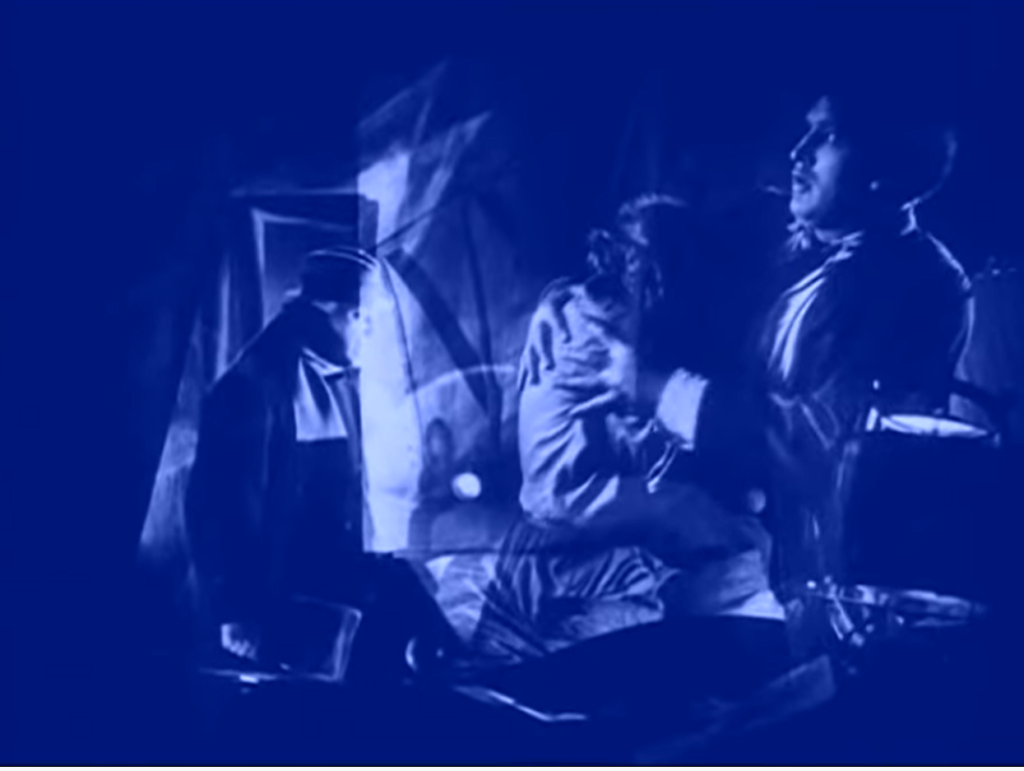|
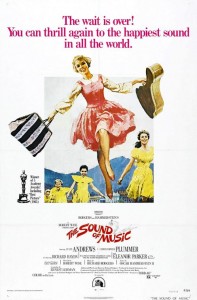
Synopsis:
In 1930s Austria, a nun-in-training (Julie Andrews) is sent to work as a governess for the seven unruly children — Liesl (Charmian Carr), Louisa (Heather Menzies-Urich), Friedrich (Nicholas Hammond), Kurt (Duane Chase), Brigitta (Angela Cartwright), Marta (Debbie Turner), and Gretl (Kym Karath) — of a widowed and retired captain (Christopher Plummer) engaged to a baroness (Eleanor Parker). Soon Andrews and Captain Von Trapp (Plummer) find themselves falling in love, but their family’s happiness is threatened when the captain is called back to active duty with the Nazis.
|
|
Genres, Themes, Actors, and Directors:
- Christopher Plummer Films
- Eleanor Parker Films
- Governesses and Nannies
- Julie Andrews Films
- Musicals
- Nazis
- Nuns
- Play Adaptation
- Richard Haydn Films
- Robert Wise Films
- Romance
- Widows and Widowers
- World War Two
Response to Peary’s Review:
Peary begins his somewhat cynical review of this beloved musical — based on a “stage musical by Howard Lindsay and Russel Crouse” — by noting that it’s “one of the most popular films of all time — which it was calculated to be”. He goes on to write that “You’ll know you’re being manipulated at every turn, that you’re expected to feel a lump in your throat or laugh or cry on cue (when the music swells, when a child smiles, when a stern adult is kind)” — but he concedes that “even if you become sick on the sugar, you’ll find it hard not to appreciate the talents of Julie Andrews, whose exuberance is infectious, whose voice is superb…, [and] who is as good as Streisand at acting while singing a song”. Indeed, Peary is so impressed by Andrews’ performance in TSOM that he names her Best Actress of the Year in his Alternate Oscars, where he refers to her as “single-handedly responsible for TSOM becoming the most profitable musical in history and winning 1965’s Best Picture Oscar”. He argues in Alternate Oscars that “she can sing about such things as ‘raindrops on roses and whiskers on kittens’ and make you want to sing along instead of throw up”; he points out that Andrews’ Maria is refreshingly “brave”, not to mention “outspoken and defiant enough of authority figures to please the most rebellious of viewers”.
I’ll admit I find it somewhat difficult to assess the critical merits of TSOM, which was — along with The Wizard of Oz (1939) — one of two “must-see” movies I happily rewatched on television each year when it aired. Viewing it again recently as an adult, I noticed myself instantly humming “the familiar Rodgers and Hammerstein songs”, which are indeed “cheery and childish and catchy”, and are for the most part, as Peary points out, “skillfully blended into the plot”. I also paid much more attention to the nuanced performance given by Eleanor Parker as Andrews’ romantic rival: younger viewers may tend to reduce her presence to simply that of a stuffy villainess who must be vanquished in order to allow Plummer’s love for Andrews to fully blossom, but in truth she injects her role with an impressive level of nuance and pathos. Parker’s Baroness is a woman who — though wealthy and used to a life of privilege — instantly recognizes that her social cache and glamour hold no weight in the face of a “greater”, truer love. Watch her expression in each and every scene she’s in, noting how seamlessly Parker conveys this character’s complex emotional arc. Meanwhile, it was fun as an adult FF to finally recognize fey character actor Richard Haydn as her (subtly-coded-as-gay) companion.
Of all the lead performances, Plummer’s remains least satisfying, though he’s certainly adequate in his portrayal of a once-stiff man who melts in the presence of Maria’s irresistible charms. I think Plummer’s notorious reluctance to take on the role — and his infamous disregard for the film years after its release — continues to sully my overall impression of his Captain von Trapp. However, Charmian Carr as his eldest daughter Liesl — who remains beloved worldwide by fans of the film — does a convincing job portraying a conflicted teen-in-love, and the rest of the child cast is fine as well. Meanwhile, the use of authentic Austrian/German locales — including the iconic opening shots on verdant hillsides — helps to open up the play enormously; aided by cinematographer Ted McCord, director Robert Wise turns the entire affair into a wonderfully picturesque adventure.
Redeeming Qualities and Moments:
- Julie Andrews as Maria
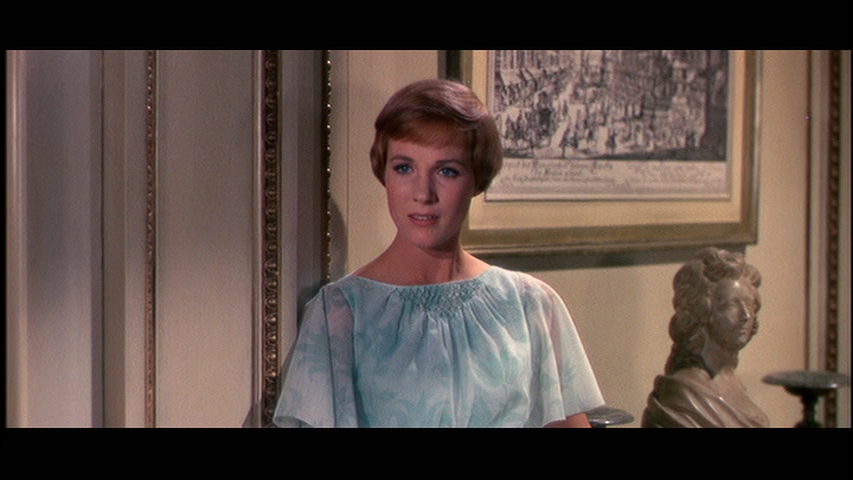
- Eleanor Parker as the Baroness
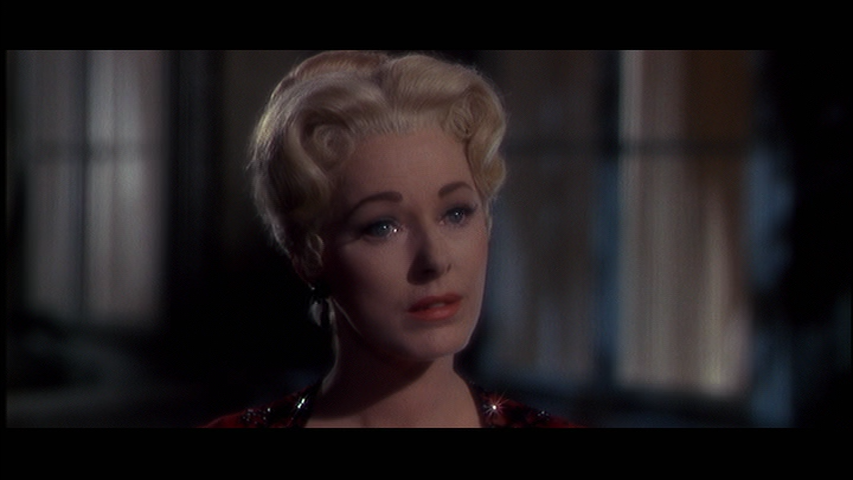
- Richard Haydn as Max
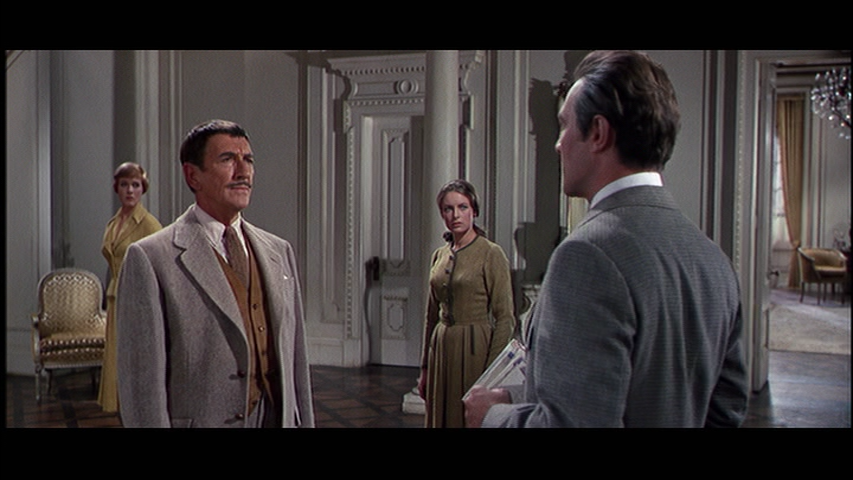
- Charmian Carr as Liesl
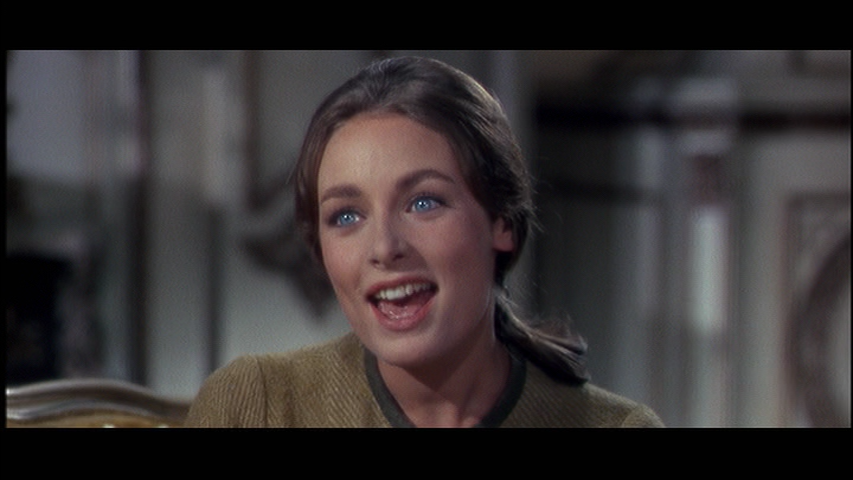
- Excellent use of authentic Austrian/German settings


- Ted McCord’s cinematography
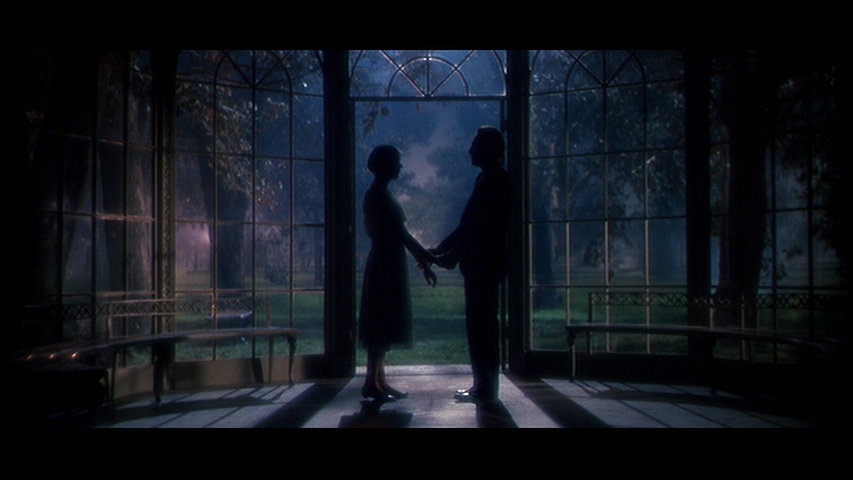
- Rodgers’ and Hammerstein’s immensely popular and hummable score
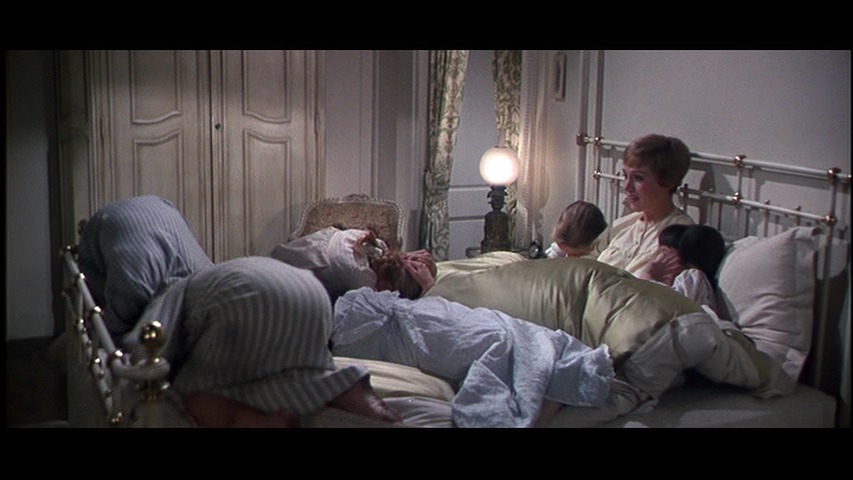

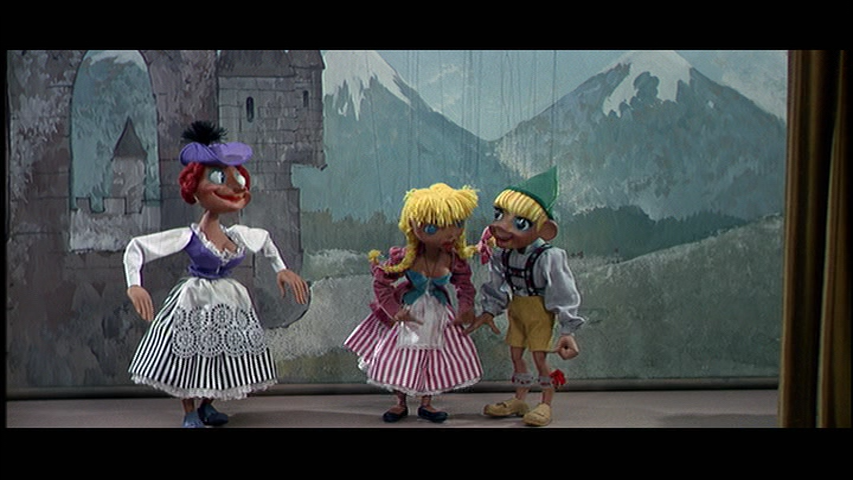
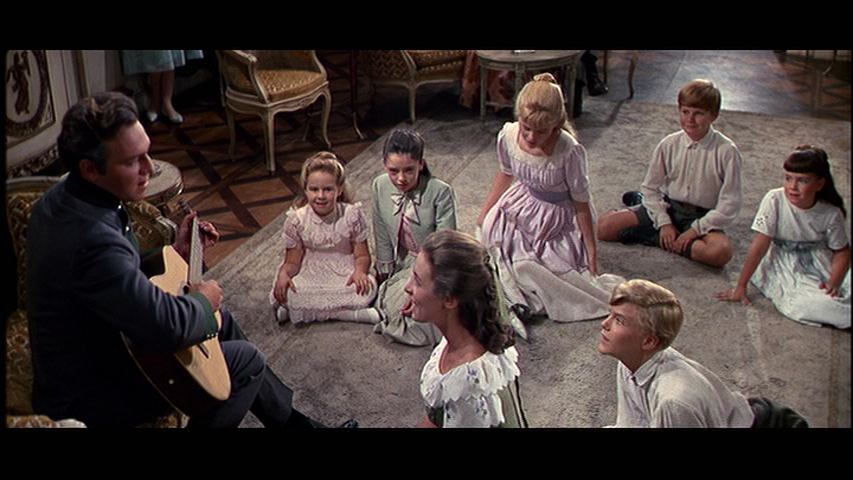
Must See?
Yes, of course. Haven’t you already, multiple times?
Categories
- Genuine Classic
- Good Show
- Oscar Winner or Nominee
(Listed in 1001 Movies You Must See Before You Die)
Links:
|
